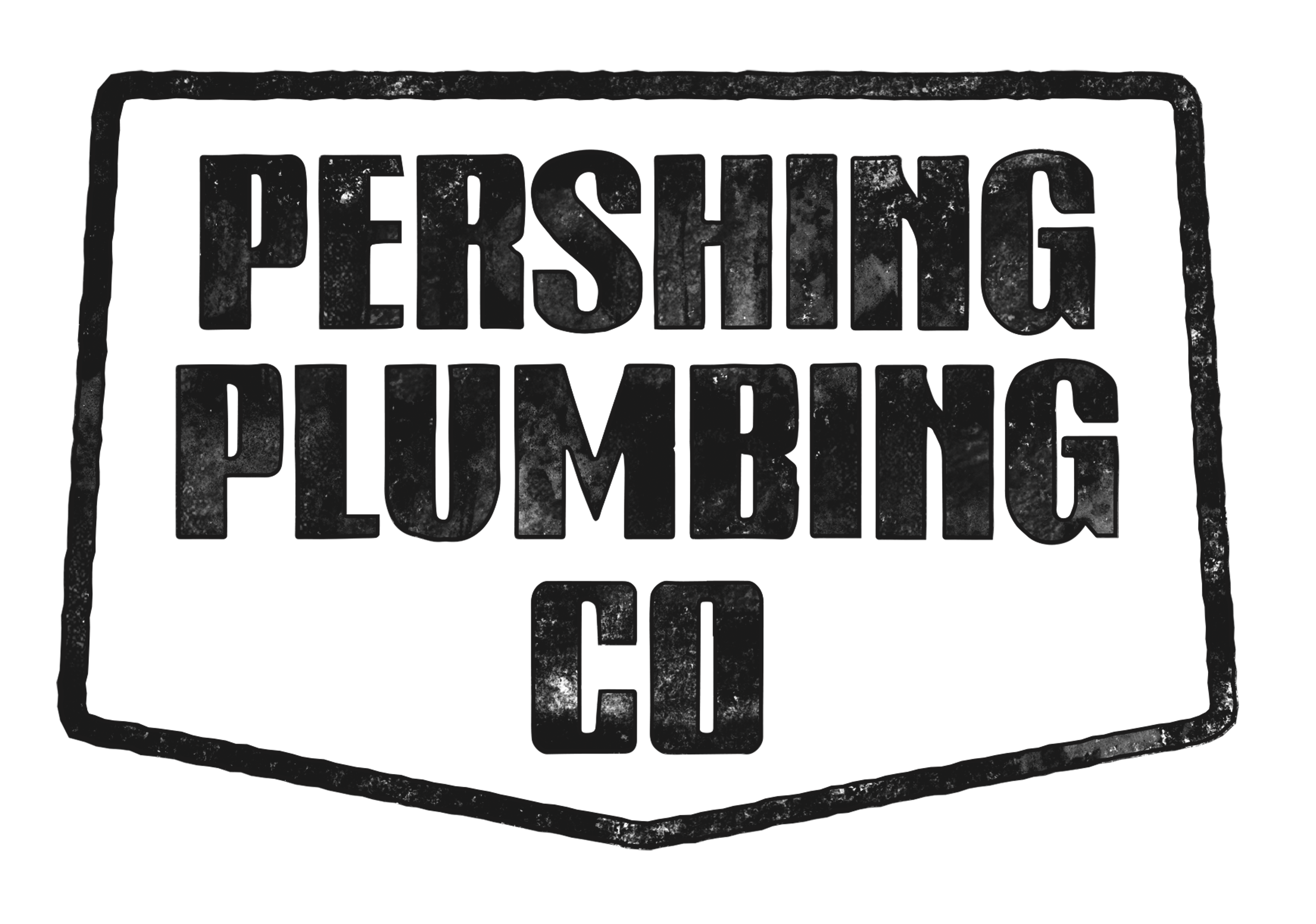The sewer drain is an essential component of your home’s plumbing system. It is difficult to see, so most people do not know what the sewer drain does. Many homeowners neglect to look at their home’s sewer pipes until there are problems, which is often a blocked sewer drain.
The sewer line transports wastewater away from all fixtures and drains in your house. This pipe is located beneath the soil of your lawn. Its lifespan can vary depending on the material and conditions under which it is used.
It is crucial to know what factors impact the wear on your pipes and what you can do to help it end its useful life.
Sewer clogs are common. There are many possible problems that can occur to your sewer line, such as clogged drains, toilets, sinks, or bathtubs. Dryness or compaction can cause soil to shift in weight above the pipe. It can lead to the pipe falling if the soil becomes too heavy.
Your lawn could be flooded by wastewater. Due to misuse or overuse of your home’s plumbing system, sewer line damages may also occur faster than you expected.
Food debris, trash, grease, fat and soap residue can build up in your sewer line over time. This can cause a decrease in its functionality and put your home at risk for a clog or backup.
How do Drain lines work?
Each drain pipe must be connected with a system that includes ventilation pipes, which move up to the roof. Ventilation prevents sewer gases from escaping into living quarters.
It’s a smart idea to inspect the sewer lines with a camera prior to purchasing a home. Ensure the inspector checks that all venting pipes work properly during the inspection.
Plumbing fittings are equipped with curved trap parts. These hold a small amount of water and seal the pipes. This section can be removed to remove clogs.
Toilets have a trap to keep the regular water in their bowls. The toilet drain is the longest drain pipe in your house.
All household drains connect below the house in a main drain that transports the wastewater to the municipal lines or a system for septic.
What Causes a Sewer Pipe to Clog?
Clogged sewer drains can lead to sewage backups. While blocked pipes and drains may appear to be minor problems, they can quickly escalate into major issues.
You can prevent most sewer clogs by using your drains correctly and maintaining them regularly. Here are the top five causes of clogged drains.
HAIR
Hair sticks to oil and other sticky substances and can quickly cause blockages, leading to a blocked drain. Deterring hair from getting into the drain is the best way to get rid of them. You should ensure that your drains are equipped with guards to catch hair.
SOAP
Traditional soap bars are made of oil or fat. The soap is made from oil or fat. It reacts with the minerals in water to create a hard residue that clogs pipes.
DIRT
Your drains can be clogged by dirt and grime that you have accumulated on your clothes. Take the extra dirt and mud off your clothes and body, and then wash them outside.
FOOD WASTE
Food waste shouldn’t be dumped in the garbage. For food waste that is not compostable, you can create a composting pile. Avoid foods that are rich in oil or grease as these can cause pipe blockages and possibly lead to an obstruction.
TOILET PAPER BUILD-UP
Toilet paper can block drains and stop your toilets from flushing. You can use a plunger to get rid of some toilet paper if water is still running into your toilet after flushing. You will need to call an electrician if the toilet is not draining.
How can I keep my sewer lines clean?
These are some great tips to help keep your sewer line clean.
- You shouldn’t treat your toilet like a trashbasket.
- Your garbage disposal should be used effectively.
- Do not pour grease down your sink – Fats and grease can cause clogs by solidifying and collecting debris.
When is it best to clean the drain?
It is crucial to maintain your sewer system. Without regular maintenance, there are different types of clogs. Clogged drains can result from fat and grease as well as accumulation of dirt from storm runoff. An area that is not addressed quickly can lead to a serious plumbing problem. Knowing when to clean your drain is crucial and how to go about it.
Warning Signs
Any behavior that is not normal should been taken as an indicator to make sure your sewer does not back-up. Examples include gurgling from the toilet, smells coming from the drain lines, and sounds that are heard when the washing machine runs.
You should call your local Glendale, CA Plumber immediately if you feel there is a possibility of a back-up in the sewer. If your sewer line is blocked, you can prevent further damage by not using your toilets, sinks, washers, and dishwashers until it has been cleared.

